Indigenous people of various ethnicities gathered to watch the match between the Paresi women and the Canadian team, in the only stand set up on the grounds of the 1st Battalion of the Military Police

On one side of the field, the players of the Paresi Haliti people, from Mato Grosso. Almost all the women who make up the delegation were there: eleven on the ground and seven reservists, for the debut in Palmas, capital of the state of Tocantins. Only three of them did not take the field, during the first match against the Canadians, favorites in women’s football at the World Indigenous Peoples Games and who even play in an organized league. Despite the technical difference, the Brazilian defeat was only 1-0.
Brazilian women don’t often play football. Training only started in June, when the women’s team’s participation in the World Cup was confirmed. The only pitch in the village is reserved for social football, smaller than the official pitch. “We don’t play on an official pitch. We found it difficult because of the size,” admitted goalkeeper Valquíria, winner of local tournaments on a small field.
Natives of various ethnicities gathered to watch the match between the Brazilians and the Canadian team, in the only stand installed on the field of the 1st Battalion of the Military Police. Paresi athletes wore a yellow uniform, with black details and colored boots.
On the other side, dressed in red and white uniforms – in the colors of the country’s flag – players from three Canadian tribes: the Cree, the Dene and the Dakota, which are part of the Saskatchewan nation, one British Columbia firsts. They have been playing together since last November and were selected in the traditional popular tournaments that took place throughout the year.
Professional level
Hosting the last Women’s World Cup, Canada has an indigenous football league. NIFA, its acronym in English, was created in 1990 to develop indigenous sport at a professional level. Today, there are around 300 affiliated players in various categories. The athletes who came to Palmas are between 18 and 28 years old.
Since the referee blew his whistle for the first time this Thursday (22), on the field of the 1st Battalion of the Military Police, the technical and tactical differences between the two teams of Group 7 quickly appeared. The Canadians showed diligence in their system of play, as well as a greater affinity with the ball at their feet.
The Paresis tried to equalize the match depending on the mood. Huddled in their defensive terrain, the Brazilian natives barely approached the opposing goalkeeper, who managed to spend the entire match almost without being threatened.

The Canadian team brought custom sports equipment to the first edition of the World Indigenous Games
Outside of the four lines, the Canadiens had the support of their coach, Dano Thorne, and a full coaching staff. The structure of the visitors is similar to that of professional teams: they have personalized sports equipment provided by a large company, warm-up and training balls, hydration kits and complete uniforms. The Paresis had to bring their own water, in a few plastic bottles, to cool off. The organization did not make the drink available to the athletes.
Edson Onaizokae served as coach of the Paresi women – a position shared with other members of the family. “We have seen that, when it comes to the game, the Canadians are very professional. The girls had difficulty facing them and were a little scared,” he admitted.
Even with the heat in Palmas – totally different from the sub-zero temperatures they are used to in northern Canada – the Canadians looked more complete until the end, with two balls hitting the post.
And it was precisely in the final minutes of the match that Canada’s winning goal came. Striker Brittany took a risk from outside the area and hit Valquíria’s corner, a highlight for Paresis with important saves. “We feel tired. The defense did well, but there was a lack of chemistry and offense. We played well, but we didn’t shoot,” lamented Valquíria, recognizing the effort of his colleagues to stop a much better prepared team.
Author of the goal of the match, Brittany did not want to take credit for the result: “It was a team effort. They had a certain advantage because they were more adapted to the Brazilian climate. It was very difficult due to the drastic change in weather, but I think we worked well and did our best.
The Paresi Haliti team returns to the field this Saturday (24), at 7 a.m. (local time), to face the Canela indigenous people, at the Nilton Santos stadium – the main football venue of the World Games. The next day, at the same time, the Canadians and Canelas close the triangle, also at the city stadium.
Twenty-seven women’s football teams are registered for the World Indigenous Peoples Games. The first phase began last Thursday (22), with nine matches. The first teams from each of the nine groups advance to the second phase, as well as the seven teams having achieved the best campaigns after those classified.
The winners of each match will advance to the quarter-finals. The final is initially scheduled for the 31st, at 7:30 p.m. (Palmas time), at the Nilton Santos Stadium, but is subject to change and could be brought forward to Friday (30).

“Evil pop culture fanatic. Extreme bacon geek. Food junkie. Thinker. Hipster-friendly travel nerd. Coffee buff.”

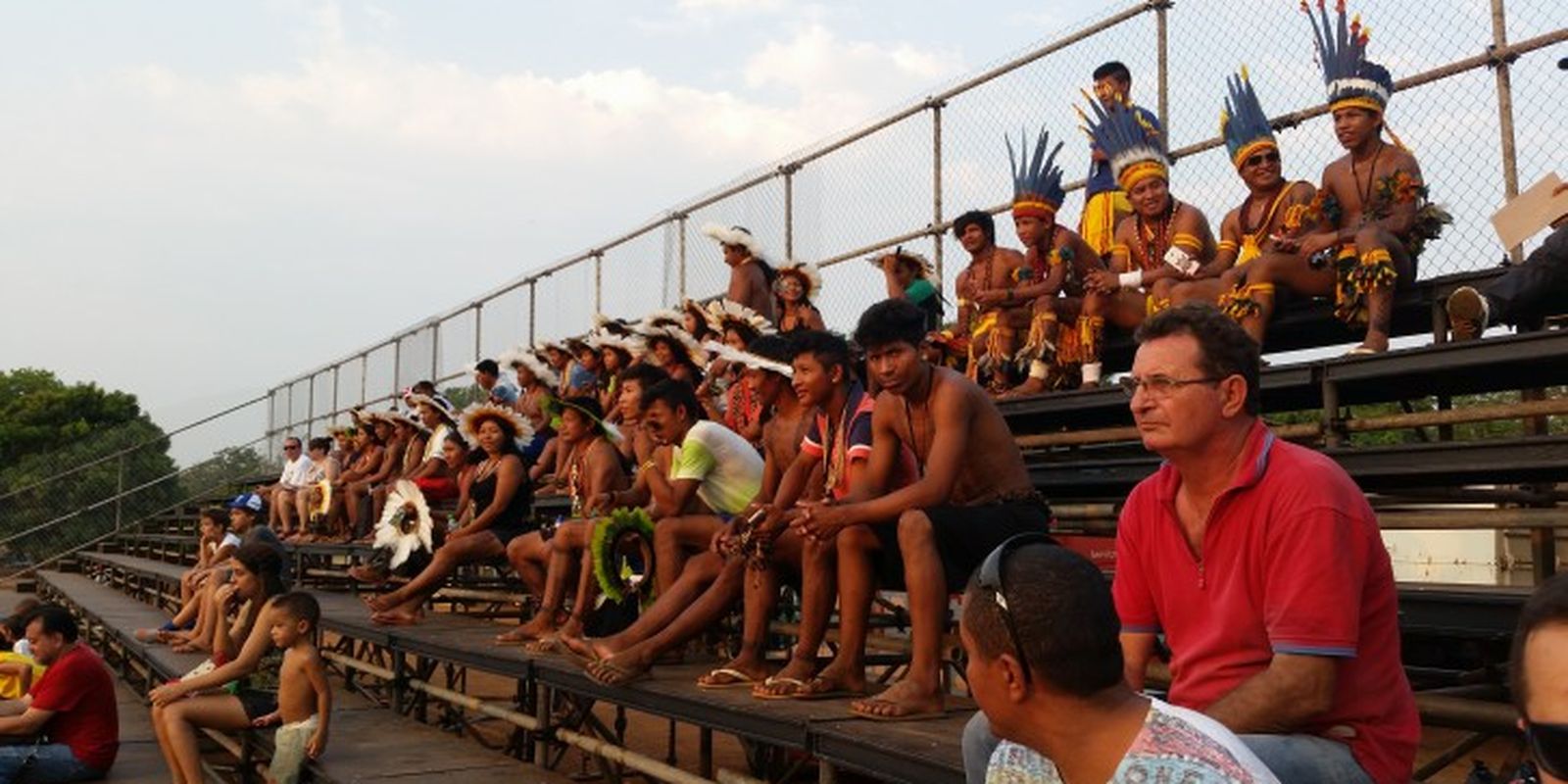
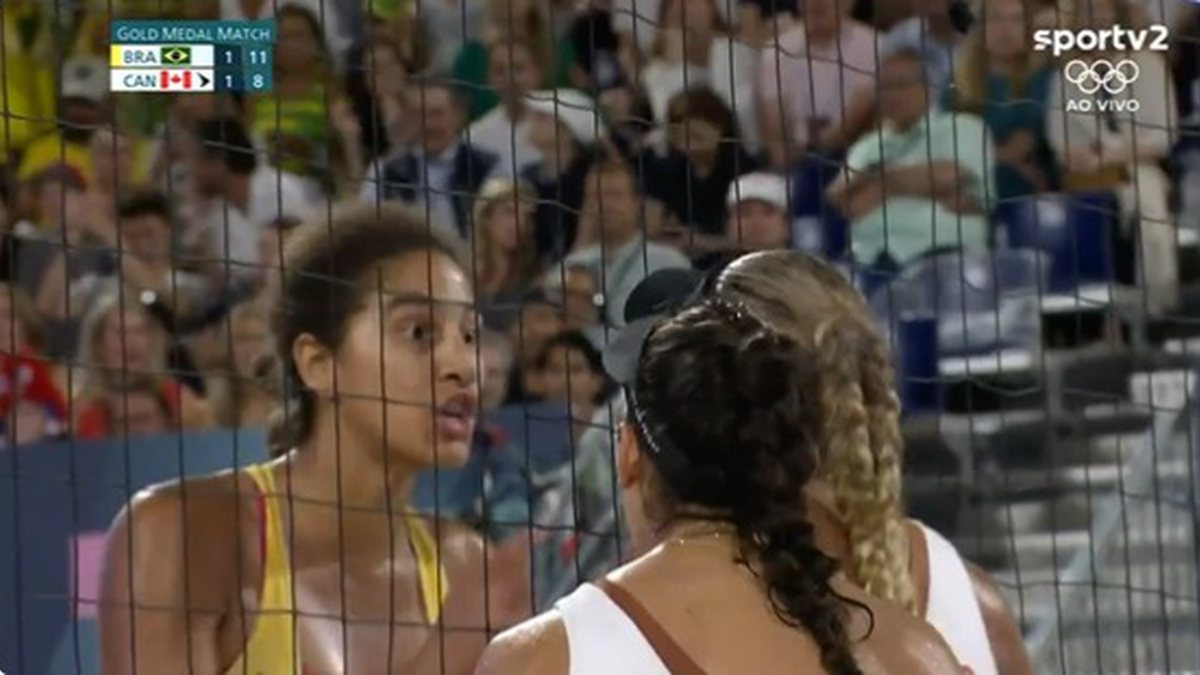
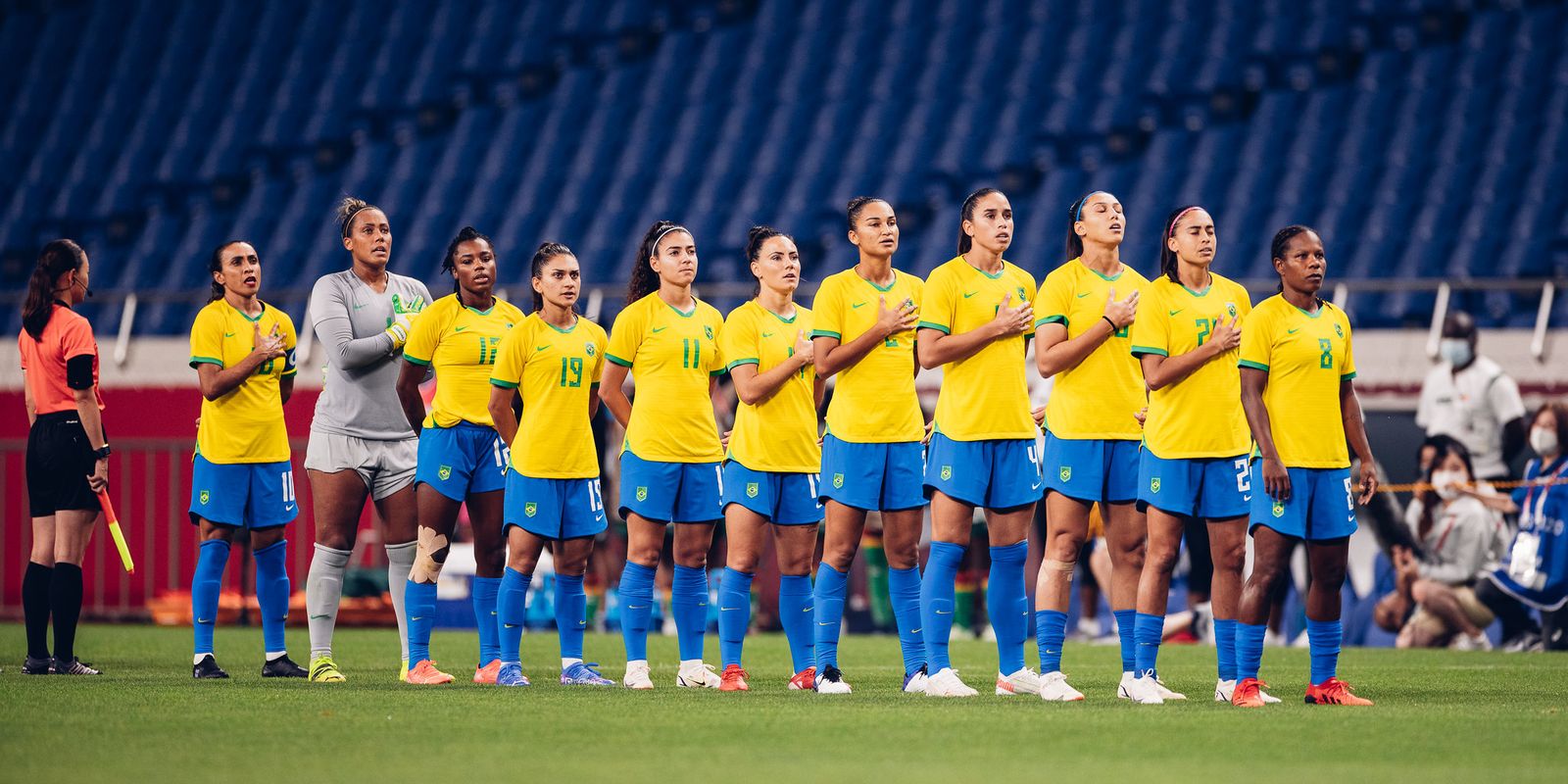
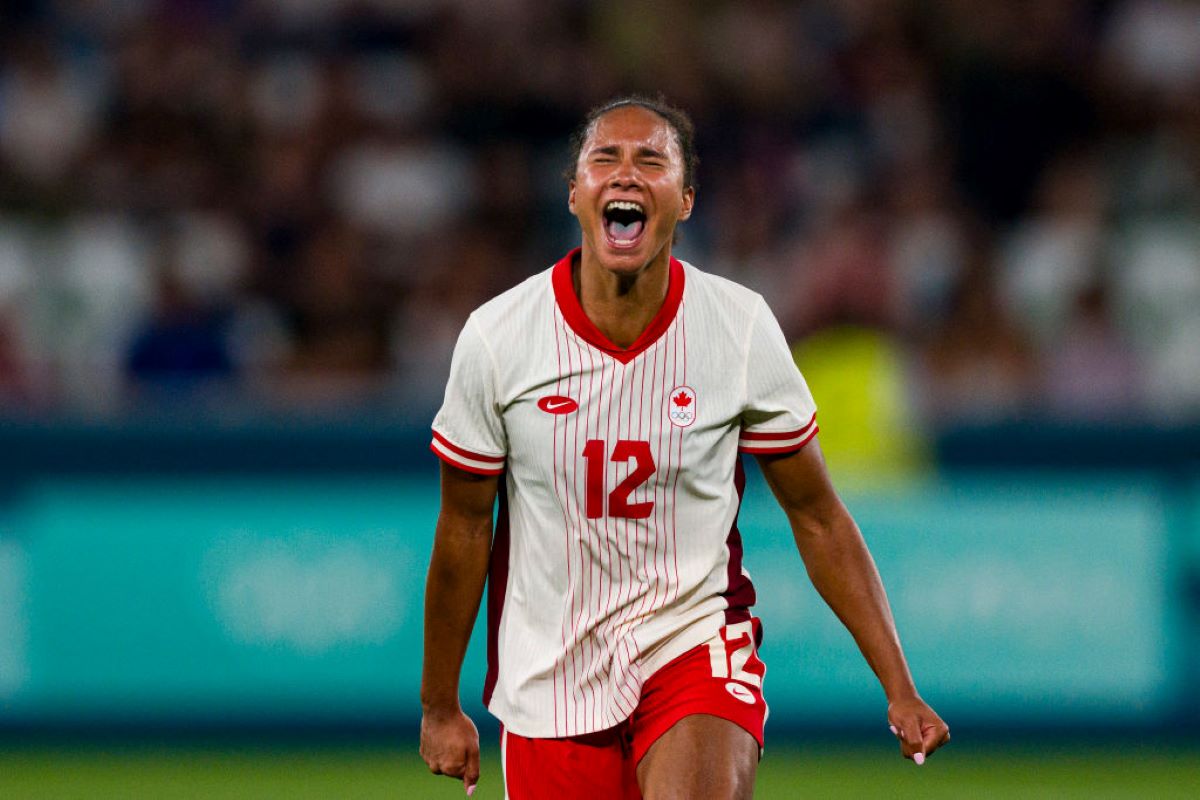
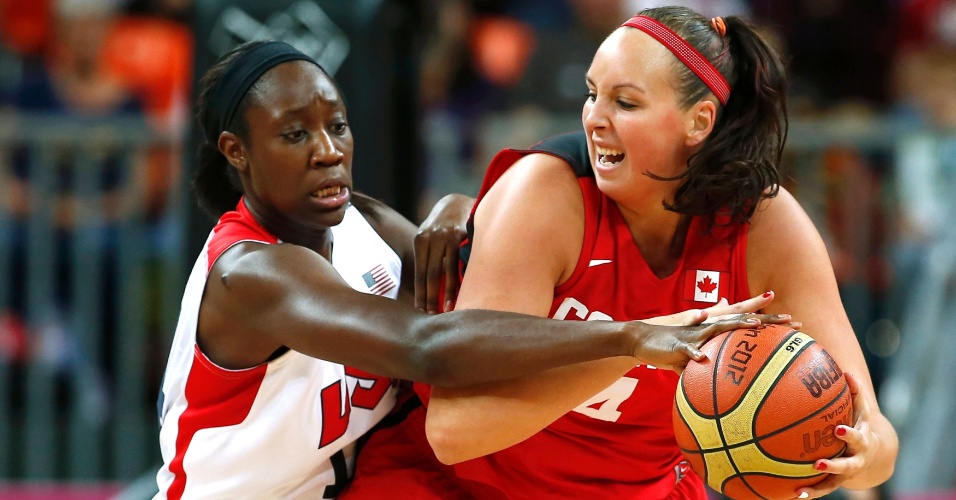
:strip_icc()/i.s3.glbimg.com/v1/AUTH_da025474c0c44edd99332dddb09cabe8/internal_photos/bs/2024/x/2/N6XJkFRYWxJY6hAeUEtw/betty2.png)
